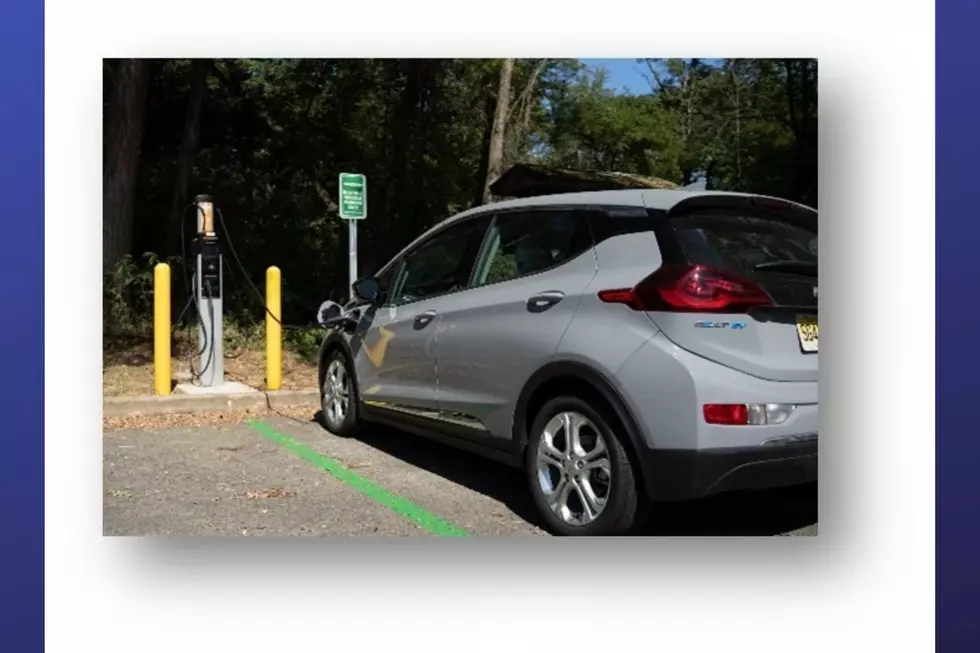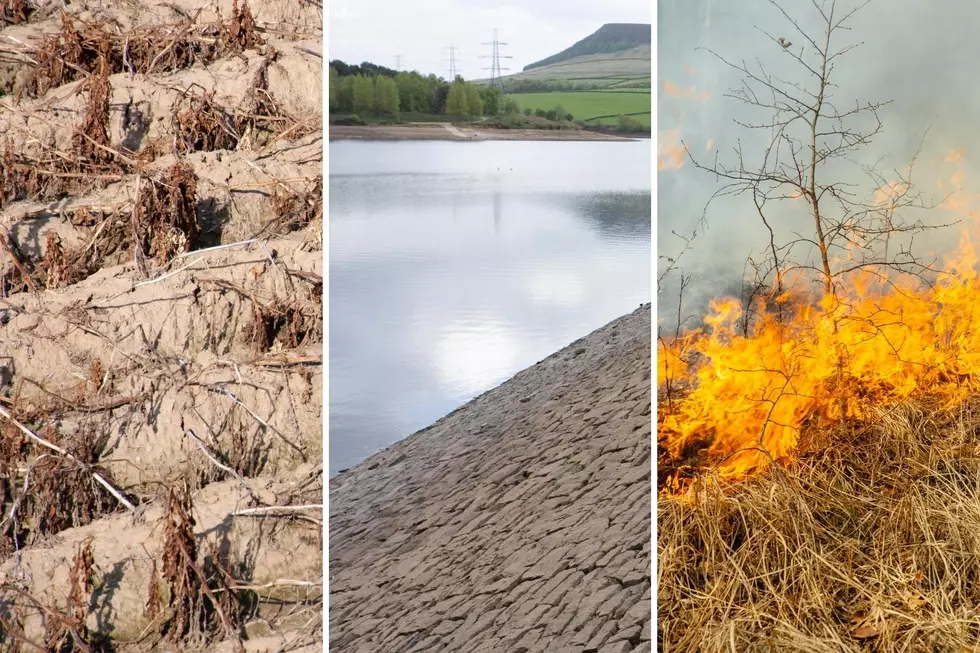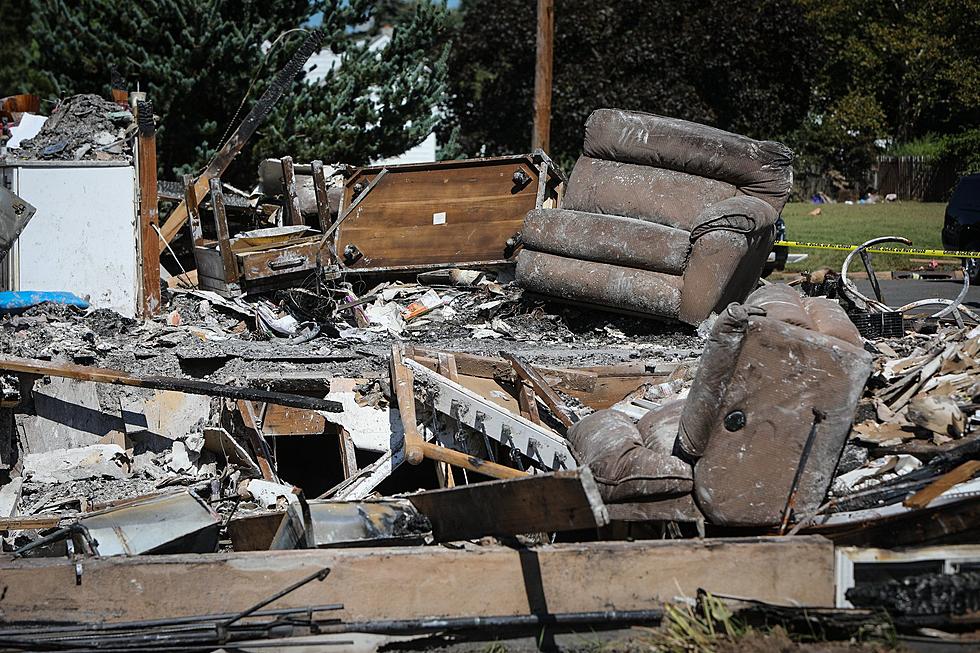
Let your lawns go thirsty: NJ residents asked to cut back on water usage
There's no water crisis in New Jersey, but officials are asking residents to conserve in the event a drought sets in.
Toward the end of July, New Jersey was stuck in a hot dry pattern with little rain. As reservoir levels began to drop, the state Department of Environment Protection issued a drought watch for northern counties and much of Central Jersey.
A few days later, drenching rains fell over much of the Garden State, which eased concerns for a while. But it’s been hot and dry ever since, prompting new worries.
“Since the beginning of this month, rainfall has been scant to next to nothing so we’re concerned again,” said Larry Hajna, a spokesman for the DEP.
"We’re asking everyone to be water wise and to cut back on their water use voluntarily,” said Hajna. “We’re asking folks to do simple things like watering their lawns judicially to help preserve our supplies.”
The drought watch remains in effect for all of Bergen, Essex, Hunterdon, Hudson, Mercer, Middlesex, Morris, Passaic, Somerset, Sussex, Union and Warren counties.
Most sections of South Jersey are considered to be normal, although residents are still being asked to conserve water and cut back on lawn watering and car washing.
Last month the reservoirs did start to “bump up, but they began to tail off again this month because we haven’t been getting the rainfall we need," he said.
Hajna said in Central Jersey over the past three months for precipitation “we’re considered moderately dry, in terms of stream flow we’re considered severely dry, and in terms of reservoir storage we’re considered moderately dry, and shallow groundwater levels are also in the moderately dry category.”
Hajna explained reservoir levels are still close to where they typically would be for this time of year, but “there’s no significant rain in the forecast and this time of year, going into September and October, can be very unpredictable, it can be very dry.”
“We really need to count on some tropical systems bringing rainfall to the state but right now we don’t know what the long-term prognosis is. We’re not in any kind of crisis mode at this point but we are continuing to monitor the situation.”
More From New Jersey 101.5 FM








